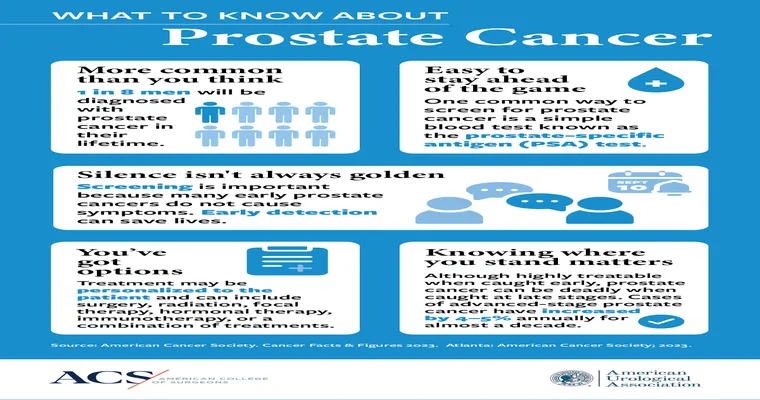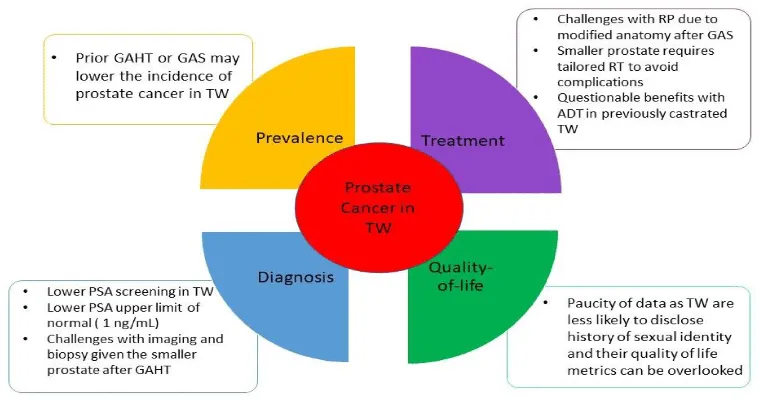Receiving a diagnosis of "aggressive prostate cancer" can be an overwhelming experience for both the patient and their loved ones. If you find yourself in a position where your husband is facing this challenging journey, you may be feeling a mix of emotions, including fear, confusion, and a desire to provide the best possible care. Understanding how to navigate this situation is crucial for both his physical and emotional well-being. In this article, we will provide essential advice and tips on how to care for your husband during this difficult time.
First and foremost, it is vital to educate yourself about "prostate cancer". Understanding the disease, its stages, and treatment options can empower you to make informed decisions. Consult reputable sources, attend medical appointments with your husband, and don’t hesitate to ask questions. Knowledge is a powerful tool that can help alleviate some anxiety surrounding the diagnosis.
In addition, consider creating a support network. Caring for someone with cancer can be physically and emotionally taxing. Reach out to family members and friends who can help you share the responsibilities. This might mean coordinating meal deliveries, assisting with household chores, or simply being there for emotional support. Don’t underestimate the power of community during this time.
Managing your husband’s "treatment plan" is another critical aspect of caregiving. Work closely with his healthcare team to understand his treatment options, whether they include surgery, radiation, hormone therapy, or clinical trials. Keep a detailed record of his medications, appointments, and any symptoms he may experience. This information will be invaluable for his doctors and can help you monitor his progress.
Emotional support is just as important as physical care. Encourage your husband to express his feelings and concerns about his diagnosis. Let him know that it is okay to feel scared or uncertain. You might also want to consider seeking professional help, such as counseling or support groups specifically for cancer patients and their caregivers. Connecting with others who are going through similar experiences can provide comfort and reassurance.
As you care for your husband, prioritize self-care as well. Caring for someone with aggressive prostate cancer can be emotionally draining. Make sure to take breaks when needed, engage in activities that bring you joy, and consider reaching out to a therapist or counselor to help you cope with the stress. Taking care of yourself will enable you to be a more effective caregiver.
Lastly, focus on maintaining a positive environment at home. Create a space that promotes healing by minimizing stress and encouraging relaxation. Simple acts, such as playing his favorite music, watching movies together, or spending time outdoors, can make a significant difference in both your lives.
In conclusion, caring for a loved one diagnosed with aggressive prostate cancer is a challenging yet rewarding journey. By educating yourself, building a support network, managing treatment plans, offering emotional support, and prioritizing self-care, you can provide your husband with the care he needs while also taking care of yourself. Remember, you are not alone in this fight, and there are resources available to support both you and your husband during this difficult time.





